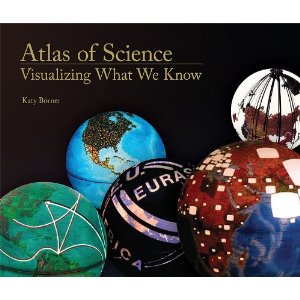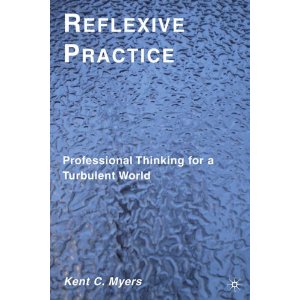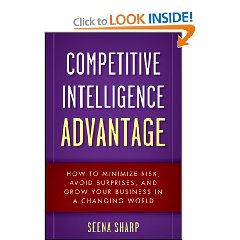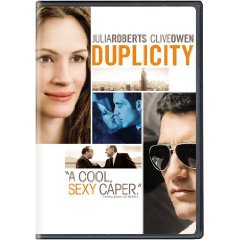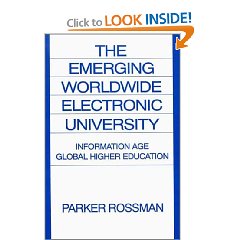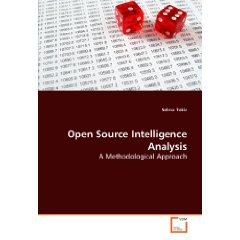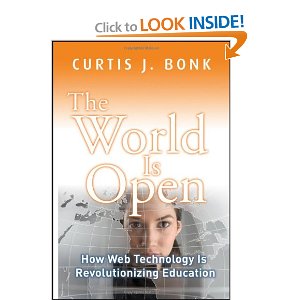
![]() 6 STAR Wake Up Call for All Educators
6 STAR Wake Up Call for All Educators
August 19, 2010
Curtis J. Bonk
UPDATE 21 Aug 2010 to add two graphics.
I've seen educators struggle to herd their faculty cats, hire staff under industrial-era rules, and strive to accommodate students that know more than their professors about anything outside the “teach to test” topic. This is one of three books that I have digested these past ten days, along with Making Learning Whole: How Seven Principles of Teaching Can Transform Education and (in galley form) Reflexive Practice: Professional Thinking for a Turbulent World. All three are 6 STAR books, and since I have only given this grade to 99 books out of the 1636, so at 6% of the total, this is saying a lot IMHO. These three books together, along with Don't Bother Me Mom–I'm Learning!, The Emerging Worldwide Electronic University: Information Age Global Higher Education (Praeger Studi) and my favorite deep books, Philosophy and the Social Problem: The Annotated Edition and Consilience: The Unity of Knowledge, comprise a basic library for anyone wishing to develop global strategies for taking any university into the future. Of course there are other great books, but in my limited experience, these are a foundation.
DO NOT READ THIS BOOK without first looking at the web site WorldIsOpen.com, and more specifically, the only part of the website that I found to be essential, the sixteen pages of links to every online resource mentioned in the book. Had I done this first, I could have cut my note-taking time in half. As it is, I have created a sixteen page alphabetized list of all the references, and include that in my more robust review of this book at Phi Beta Iota, the Public Intelligence Blog, where I can do things (such as link to my other 80+ education book reviews and include non-Amazon links) that Amazon simply will not allow.
BUY THIS BOOK. It is in my view an essential foundation for any university as well as any lower school or continuing education and training program that desires to increase its effectiveness by a thousand fold while also increasing its global reach by a million fold.
Continue reading “Review: The World Is Open–How Web Technology Is Revolutionizing Education”

